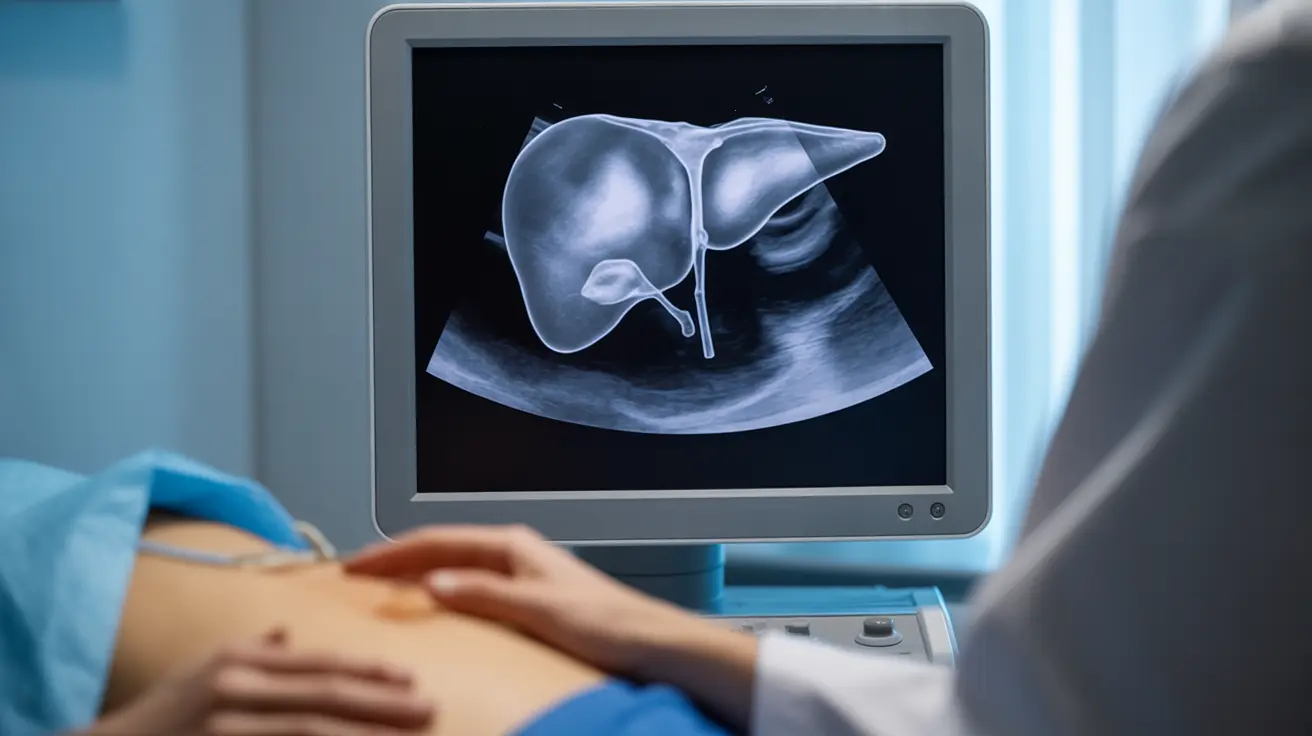Early detection of liver cancer can significantly improve treatment outcomes and survival rates. Ultrasound screening plays a crucial role in identifying potential liver tumors before they become advanced, making it an essential tool in the fight against liver cancer. Understanding when and how ultrasound screening is used can help patients make informed decisions about their health monitoring.
This comprehensive guide explores the effectiveness of ultrasound screening for early stage liver cancer, including who should undergo regular screening, what to expect during the procedure, and when additional testing might be necessary.
Understanding Liver Cancer Screening with Ultrasound
Ultrasound screening serves as the primary imaging tool for detecting liver cancer in its early stages. This non-invasive procedure uses sound waves to create detailed images of the liver, allowing healthcare providers to identify potentially cancerous lesions or abnormal growths before they cause noticeable symptoms.
Who Needs Regular Liver Cancer Screening?
Regular ultrasound screening is recommended for individuals at higher risk of developing liver cancer. High-risk groups include:
- People with cirrhosis from any cause
- Individuals with chronic hepatitis B infection
- Those with chronic hepatitis C and advanced fibrosis
- Patients with a family history of liver cancer
- People with certain genetic conditions affecting the liver
The Screening Process and Protocol
Liver cancer screening typically involves:
- Regular ultrasound examinations every 6 months
- Blood tests to measure alpha-fetoprotein (AFP) levels
- Assessment of liver function through additional blood work
- Review of risk factors and symptoms during each visit
Advanced Ultrasound Technologies
Contrast-Enhanced Ultrasound
Contrast-enhanced ultrasound (CEUS) represents a significant advancement in liver cancer detection. This technique uses special contrast agents to improve the visibility of blood vessels and tissue patterns within the liver, potentially increasing the accuracy of early stage liver cancer detection.
Following Up on Suspicious Findings
When an ultrasound reveals suspicious nodules or lesions, healthcare providers typically recommend additional imaging studies, which may include:
- CT scan with contrast
- MRI with contrast
- Liver biopsy in some cases
- Follow-up ultrasounds at shorter intervals
Signs That May Prompt Liver Cancer Screening
Certain symptoms may lead healthcare providers to recommend immediate liver cancer screening:
- Unexplained weight loss
- Abdominal pain or swelling
- Jaundice (yellowing of the skin and eyes)
- Easy bruising or bleeding
- Persistent fatigue
- Loss of appetite
Frequently Asked Questions
How effective is ultrasound in detecting early stage liver cancer?
Ultrasound screening can detect early stage liver cancer with approximately 60-80% sensitivity when performed regularly by experienced technicians. The effectiveness increases when combined with AFP blood testing and when performed every six months as recommended.
What additional tests are needed if an ultrasound shows suspicious liver nodules?
If suspicious nodules are found, doctors typically order contrast-enhanced CT scans or MRI studies. Blood tests for tumor markers, particularly AFP, are also commonly performed. In some cases, a liver biopsy may be necessary for definitive diagnosis.
Who should get routine ultrasound screening for liver cancer?
Routine screening is recommended for individuals with cirrhosis, chronic hepatitis B or C infections, certain genetic liver conditions, and those with a family history of liver cancer. The recommended screening interval is typically every six months.
What symptoms might prompt a doctor to order a liver ultrasound for cancer screening?
Doctors may order liver ultrasounds when patients experience unexplained weight loss, abdominal pain or swelling, jaundice, easy bruising or bleeding, persistent fatigue, or loss of appetite. These symptoms, especially in combination with risk factors, warrant immediate screening.
Can contrast-enhanced ultrasound improve early detection of liver cancer compared to standard ultrasound?
Yes, contrast-enhanced ultrasound (CEUS) can improve the detection of early stage liver cancer compared to standard ultrasound. CEUS provides better visualization of blood flow patterns and tissue characteristics, potentially increasing the accuracy of diagnosis and reducing the need for additional imaging studies.




